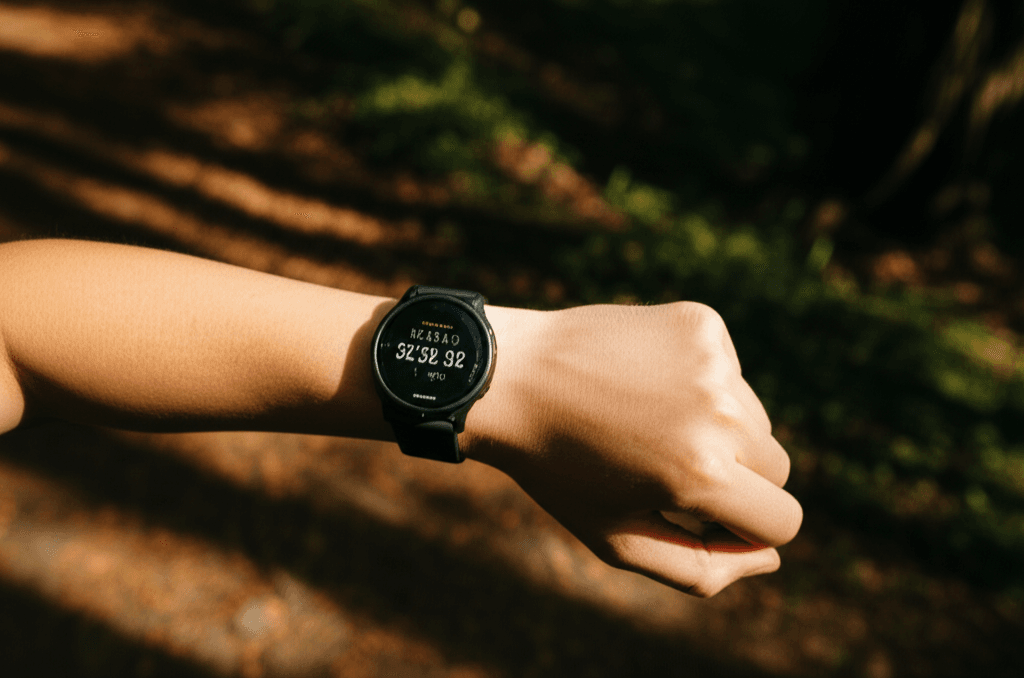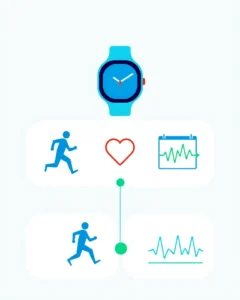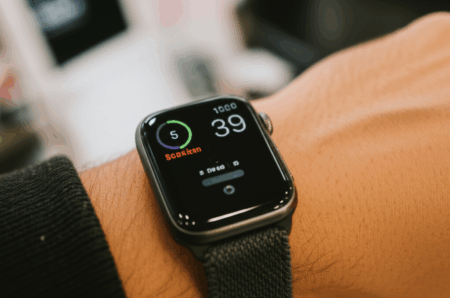Fitness tracking giant Strava has filed a lawsuit against Garmin, accusing its longtime partner of patent infringement related to key exercise tracking features, including “segments” and “heatmaps.” The lawsuit, filed in a Colorado district court on September 30, 2025, also alleges that Garmin breached a 2015 Master Cooperation Agreement between the two companies. Strava is seeking a permanent injunction to prevent Garmin from selling devices that incorporate the allegedly infringing technologies and is also asking for damages.
This legal action comes amidst an increasingly competitive fitness technology market, raising concerns among users who often rely on the symbiotic relationship between Garmin devices and the Strava app for their workout data.

The Core of the Dispute: Segments and Heatmaps
At the heart of Strava’s complaint are two features integral to its platform: segments and heatmaps.
Understanding Strava Segments
Segments are user-defined stretches of roads or trails that allow athletes to compare their performance against themselves and others along the same route. This feature fosters competition and motivation within the Strava community. Strava’s lawsuit claims that Garmin’s implementation of its own branded segments and leaderboards on its devices and software violates a patent licensing agreement established in 2015. Strava asserts ownership over US Patent No. 9,116,922, which relates to a system enabling users to create their own segments and automatically match subsequent activities to these user-defined segments.
The Role of Heatmaps in the Lawsuit
Heatmaps are visual representations that aggregate billions of activities to illustrate where people run, ride, or hike most frequently. These maps provide insights into popular routes and collective activity trends. Strava alleges that Garmin has infringed on its patents, specifically US Patent No. 9,297,651 and an ancillary patent 9,778,053, which cover the generation of user preference activity maps. Strava claims these patents relate to the creation of preferential routes based on heatmap data, where the system determines an optimized path for the user.

Breach of a Decade-Old Agreement
The lawsuit isn’t solely focused on patent infringement; Strava also accuses Garmin of breaching a Master Cooperation Agreement signed by both companies in 2015. This agreement permitted Garmin to use Strava Live Segments on its bike computers, watches, and software. Strava contends that Garmin “expanded well beyond that agreement’s scope” by developing, branding, and widely deploying Garmin-branded segments and leaderboards outside the Strava experience, even to non-Strava users.

Broader Implications and User Concerns
This legal battle has sent ripples through the fitness community, particularly among the millions of users who rely on Garmin devices to track their workouts and then sync that data seamlessly with Strava. Many athletes view the two companies as operating symbiotically, with Garmin providing the hardware for data collection and Strava offering the platform for analysis, social engagement, and performance comparison.
Concerns have been raised regarding potential disruptions to user experience, with some athletes fearing that the lawsuit could impact the ability to track planned workouts or sync data between platforms. Strava, however, has stated that it does not intend to take actions that would disrupt the ability of Garmin users to sync their data with Strava.
The API Dispute and Garmin Connect+
Adding another layer to the conflict, Strava’s Chief Product Officer, Matt Salazar, indicated on Reddit that the dispute also stems from new developer guidelines issued by Garmin on July 1, 2025. Salazar stated that these guidelines require the Garmin logo to be present on “every single activity post, screen, graph, image, sharing card etc.” and threatened to cut off access to Garmin’s API by November 1 if Strava did not comply. This could potentially prevent all Garmin activities from being uploaded to Strava.
The lawsuit’s timing also coincides with Garmin’s launch of Connect+, a premium subscription version of its free Garmin Connect software, which directly competes with Strava’s offerings.

Suunto Joins the Legal Fray
In a separate but related development, Finnish watchmaker Suunto has also filed its own patent infringement lawsuit against Garmin. Filed in a Texas court on September 22, 2025, Suunto’s complaint alleges that Garmin’s fitness watches infringe on five of its patents related to golf swing technology, respiratory rate monitoring, and smartwatch hardware. Suunto’s lawsuit specifically names numerous Garmin watch models, including the Fenix, Epix, Instinct, Venu, and Forerunner series.

The Broader Landscape of Patent Litigation in Tech
Patent disputes are not uncommon in the fast-paced technology industry, where innovation drives competition. Such legal battles can have significant consequences, including substantial financial losses, disruption of product development, and potential damage to reputation. While patents are crucial for protecting innovations and encouraging research and development, protracted litigation can drain resources and limit market competition.
Some legal experts have noted that the core ideas of heatmaps and segments may have existed before Strava’s patent filings, leading to speculation regarding the validity of Strava’s patents. However, Strava’s patents reportedly relate to more nuanced developments and specific implementations of these technologies, rather than the fundamental concepts themselves.
As the lawsuits proceed, the outcomes could set important precedents for future disputes in the fitness technology sector, potentially reshaping how companies collaborate and compete in this rapidly evolving market.







